As a business executive every morning you have a few dozen or so emails to sort through. Over the last few months, you have undoubtedly received one claiming that you are missing out on hundreds of thousands of dollars in government funds due to the pandemic and that you should act before they expire. It has your company name, possibly your name, number of employees, and other information. Is this legitimate? What are employee retention credits? Are you missing out on money? Wegmann Dazet Partner Richard Tullier, CPA explains that the answer may be yes, but before jumping in, take a look at the items below. Be careful with that email claiming ERC funds; that offer might not contain the full story.
The first question may be, “How do they know who I am, my contact info, and my employee information?” After the Paycheck Protection Program, a conversation stirred up about accountability, specifically if recipients should be available to the public. Despite the privacy concerns raised by the AICPA, ABA, and many others (who knew this would happen), information was published by the government. But don’t panic, it doesn’t have your or your employees’ sensitive information.
The next question is, “What are they talking about?” They are referring to the Employee Retention Credit program (Read an IRS article). If you haven’t already talked to a CPA about your business’s eligibility, now is a good time.
Then the question becomes, “Can I trust these people?” I can’t answer that question, but I can share with you a few thoughts:
- Many of these companies were formed to make ERC claims, legitimate or not. They charge a percentage of credits which is higher than your payroll company (sometimes as high as 30%). They stretch the law beyond reason and make arguments that in some cases are specifically denied by the Internal Revenue Service and legal guidance.
- They may offer no audit protection and, in some cases, won’t be around if/when an audit occurs.
- While you pay them based on what they say your credits are, if your actual collections from the IRS are lower, you may be out of luck as their contract doesn’t address that.
- If they are willing to support you in an audit, even if it’s their mistake, they will charge you.
Finally, you ask, “What do I do?” If you haven’t already, talk to a CPA as we can help you navigate the rules. But as with most things, read the contract well and make them spell out everything clearly.
Per the Association of International Certified Professional Accountants (AICPA), while the ERC is an opportunity to consider for businesses, the eligibility rules and calculation of the credit are complex with significant consequences if done improperly.
There will always be companies looking to make a quick buck on the backs of people based on fear of missing out on something. The key as always is to think carefully before you jump in. And give us a call, we can talk you through the ins and outs of Employee Retention Credits and discuss how your company could benefit. When sorting through your dozens of business-related emails, be careful with that email claiming ERC funds; that offer might not contain the full story.
- Entity Choice and Tax Planning - August 29, 2023
- EMPLOYEE RETENTION CREDITS – That offer might not contain the full story - June 5, 2023
- ADVANCED CHILD TAX CREDIT – CLAIM IT OR OPT OUT? - June 28, 2021


